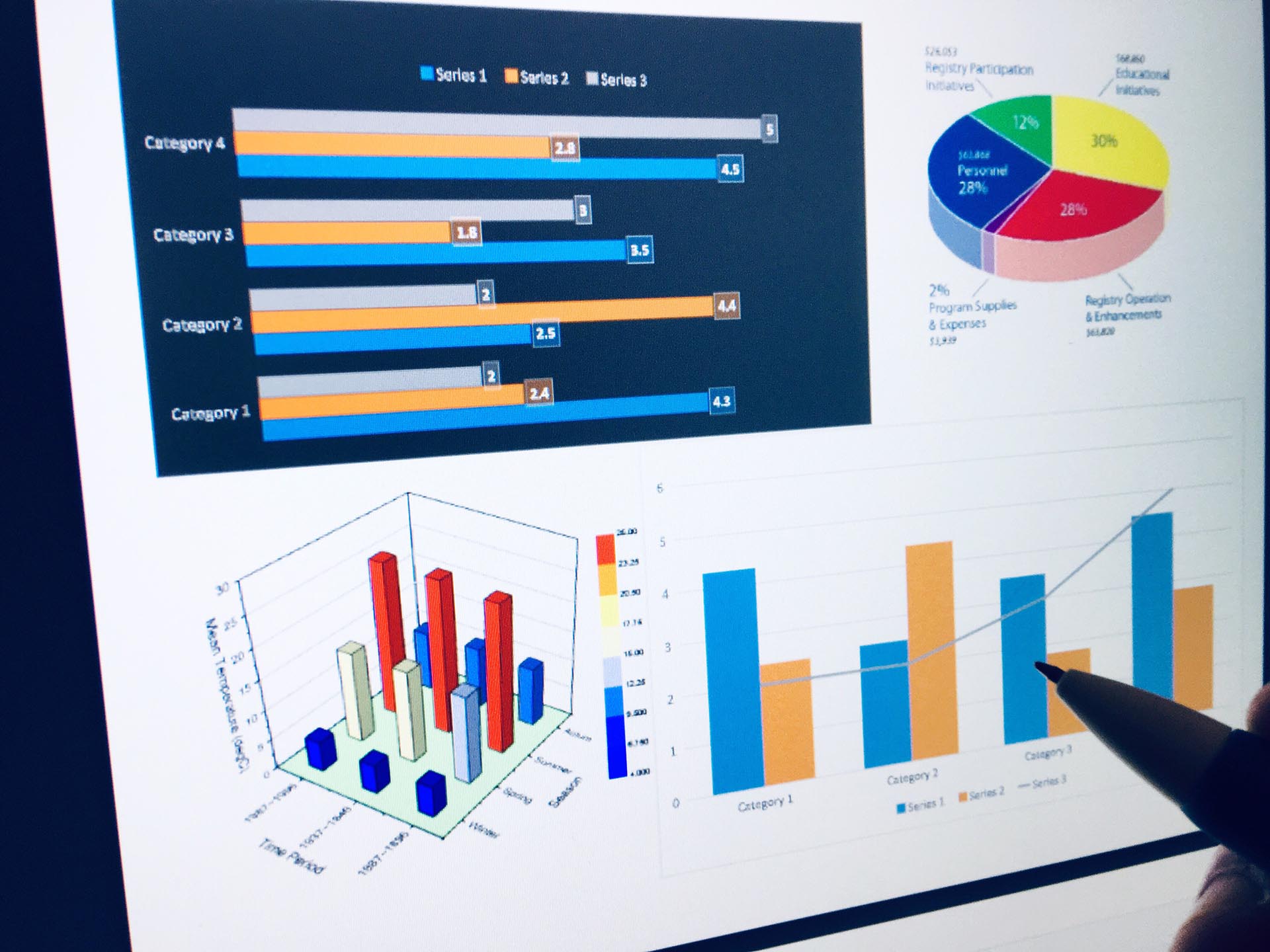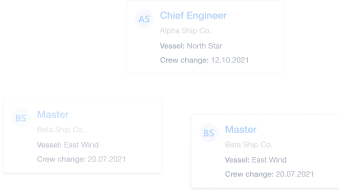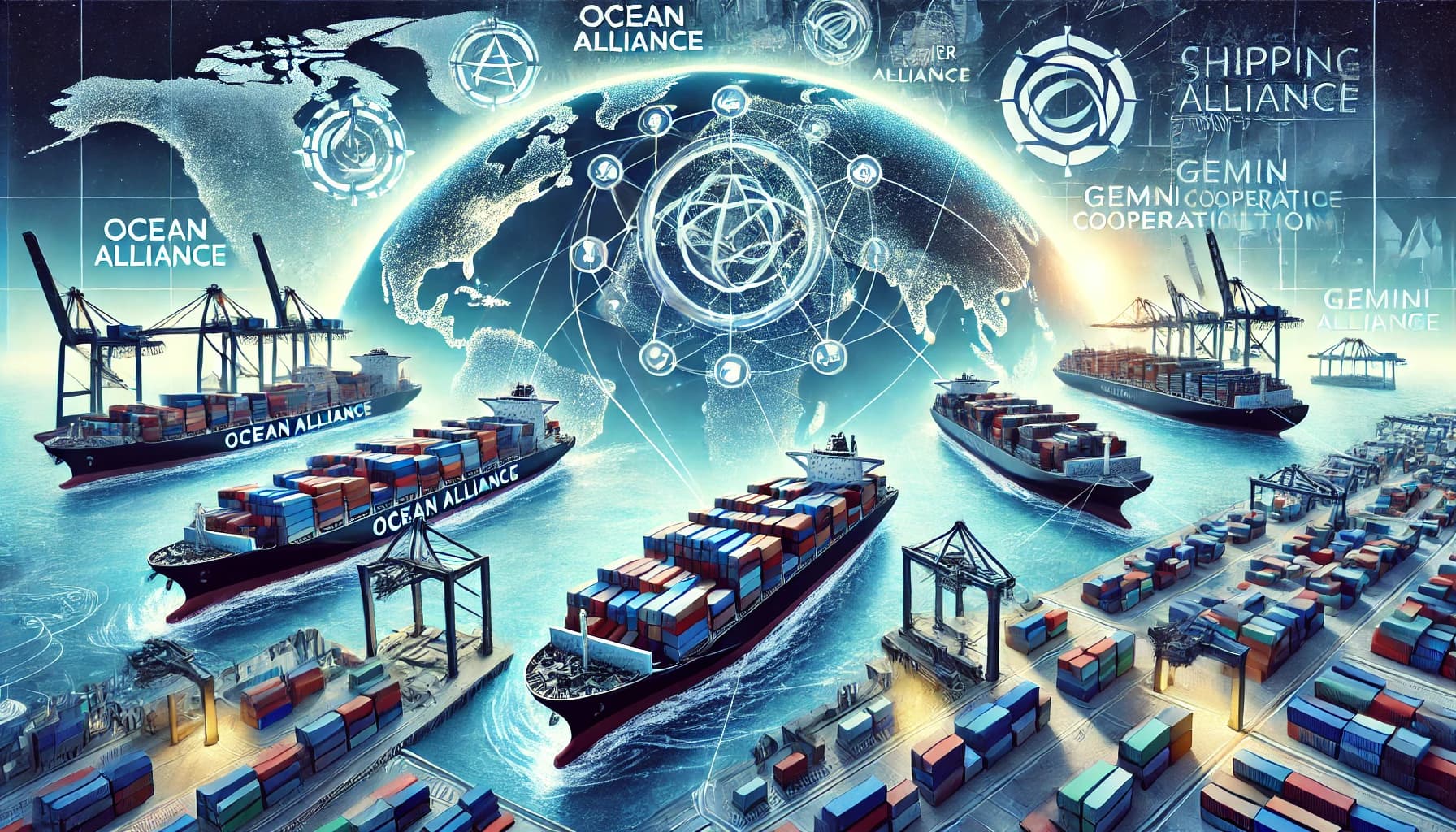SAP (Systems, Applications, and Products) is a software platform that can be used in various industries, including maritime trade. Its application in the shipping industry has been increasing in recent years, and it has become an essential tool for many shipping companies. SAP's supply chain management system can help shipping companies manage their logistics and operations more efficiently, resulting in cost savings and increased productivity.
One of the benefits of using SAP in maritime trade is that it can provide real-time data analysis, enabling shipping companies to make informed decisions quickly. The software can track cargo movement, monitor inventory levels, and manage shipping schedules, among other things. This data can be used to optimize shipping routes, reduce fuel consumption, and improve overall efficiency.
Another advantage of using SAP in maritime trade is that it can help shipping companies comply with regulations. With increased scrutiny on environmental impact and safety, shipping companies need to ensure that they are meeting regulatory requirements. SAP can help companies monitor compliance and provide documentation to demonstrate that they are meeting these requirements.
Overview of SAP in maritime trade
SAP is a leading provider of enterprise software solutions that help businesses manage their operations more efficiently and effectively. The company has developed a range of solutions that are designed to meet the needs of various industries, including the maritime trade.
SAP offers a range of solutions that can help maritime companies manage their operations more effectively. These solutions include:
- SAP Container Shipping Line: This add-on is designed to work with a transport management module to provide a holistic solution to ocean liner companies and freight forwarders. It is a network definition and planning system that eases the complex processes of sea freight. It helps a pricing expert define a sea freight rate, and also provides tools to optimize the use of vessels.
- SAP Global Trade Services: This solution helps automate and streamline trade processes, enabling companies to control costs, reduce the risk of penalties and fines, and clear customs faster. With a single repository for all compliance master data and content, companies can centralize global trade management.
- SAP S/4HANA for International Trade: This solution is available in SAP S/4HANA and offers a foreign trade solution to handle the foreign trade requirements of a business. It provides companies with the ability to manage their international trade processes with ease, from import and export compliance to trade documentation and customs management.
These solutions offer a range of benefits to maritime companies, including:
- Improved efficiency: SAP solutions can help maritime companies automate and streamline their operations, reducing the need for manual processes and improving efficiency.
- Better visibility: With SAP solutions, maritime companies can gain better visibility into their operations, enabling them to make more informed decisions.
- Reduced costs: By automating processes and improving efficiency, SAP solutions can help maritime companies reduce costs and improve profitability.
SAP solutions for maritime logistics
SAP Transportation Management
SAP Transportation Management is a software solution that helps streamline and automate logistics and transportation processes. It provides real-time visibility into transportation operations, enabling better decision-making and improved efficiency. The solution includes capabilities for logistics planning, execution, and management, freight costing and settlement, and analytics and reporting.
With SAP Transportation Management, maritime logistics companies can optimize their freight, shipping, logistics, and fleet spend. They can reduce complexity, increase efficiency, and improve agility for a more sustainable, risk-resilient supply chain. The solution also helps companies comply with regulatory requirements and manage risks associated with transportation operations.
SAP S/4HANA for International Trade
SAP S/4HANA for International Trade is a software solution that helps companies manage their global trade operations. It provides end-to-end visibility into trade processes, enabling companies to optimize their supply chain and reduce costs. The solution includes capabilities for trade compliance, import and export management, and trade finance.
With SAP S/4HANA for International Trade, maritime logistics companies can reduce the risk of non-compliance with trade regulations and improve their trade finance operations. The solution also helps companies manage their global trade operations more efficiently, reducing lead times and improving customer satisfaction.
SAP Event Management
SAP Event Management is a software solution that helps companies monitor and manage events in their supply chain. It provides real-time visibility into supply chain events, enabling companies to proactively manage exceptions and improve their supply chain performance. The solution includes capabilities for event monitoring, exception management, and analytics and reporting.
With SAP Event Management, maritime logistics companies can improve their supply chain performance by proactively managing exceptions and reducing delays. The solution also helps companies improve their customer service by providing real-time visibility into order status and delivery times.
Benefits of implementing SAP in maritime trade
SAP is a powerful tool that can help businesses achieve greater efficiency, transparency, and compliance in their maritime trade operations. Here are some of the key benefits of implementing SAP in maritime trade:
Operational efficiency
By implementing SAP solutions, businesses can streamline their maritime trade operations and achieve greater efficiency. SAP provides a range of tools for managing shipping schedules, cargo tracking, and vessel maintenance, allowing businesses to optimize their operations and reduce costs.
SAP also provides real-time visibility into maritime trade operations, allowing businesses to quickly identify and address any issues that arise. This can help businesses avoid delays and disruptions, and ensure that cargo is delivered on time and in good condition.
Supply chain transparency
SAP provides businesses with a comprehensive view of their supply chain, from raw materials to finished products. This can help businesses identify bottlenecks and inefficiencies in their supply chain, and make informed decisions to improve performance.
SAP also provides real-time visibility into the status of cargo, allowing businesses to track shipments and monitor their progress. This can help businesses ensure that cargo is delivered on time and in good condition, and provide customers with accurate information about their shipments.
Compliance and risk management
Maritime trade is subject to a complex web of regulations and compliance requirements, and businesses must be able to navigate these requirements to avoid penalties and fines. SAP provides businesses with a range of tools for managing compliance and risk, including trade compliance management, import/export documentation, and risk assessment.
SAP also provides businesses with real-time visibility into compliance and risk issues, allowing them to quickly identify and address any problems that arise. This can help businesses avoid costly fines and penalties, and ensure that they are operating in compliance with all relevant regulations.
Integration of SAP with port operations
SAP's integration with port operations has revolutionized the maritime trade industry. By providing a single window for port authorities to communicate and exchange information with ship personnel, SAP has enhanced port operations using automation. SAP's integration with port operations tracks transactions and approvals and analyzes deviation reports for transparency.
Port and terminal management
SAP's integration with port and terminal management allows port authorities to manage their operations more efficiently. With SAP's integration, port authorities can optimize their resources, manage their inventory, and streamline their operations. SAP's integration with port and terminal management allows port authorities to monitor their operations in real-time, which helps them identify and resolve issues quickly.
Vessel scheduling and dispatch
SAP's integration with vessel scheduling and dispatch allows port authorities to manage their vessel schedules more efficiently. With SAP's integration, port authorities can optimize their vessel schedules, manage their resources, and streamline their operations. SAP's integration with vessel scheduling and dispatch allows port authorities to monitor their vessel schedules in real-time, which helps them identify and resolve issues quickly.
Bio: Duncan Wood
Duncan began his career with NZ Customs, then moved into airfreight in the UK, and later held sales and project cargo roles in NZ and Australia. In 1989, he co-founded Powerhouse International, a logistics company specializing in project cargo. He has been at the helm for nearly 35 years, ensuring the company is known for its premium service.

Guest Blogger
A varied collection of articles about the maritime industry written for Martide by various guest bloggers from their own unique perspectives. These include posts by a professional chef who works on container ships and other people connected to, or interested in, shipping and life at sea.




